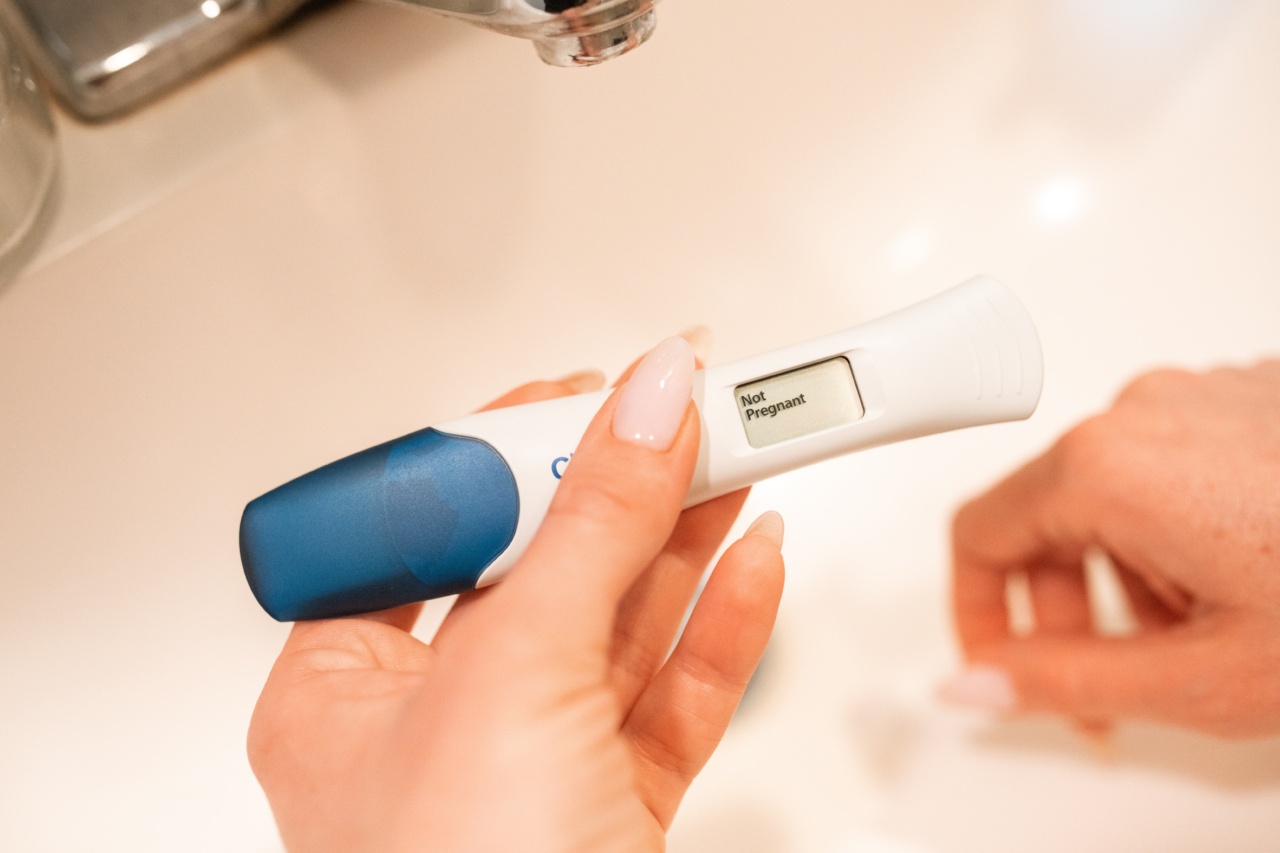High blood pressure, also known as hypertension, is often associated with adults and is considered a major risk factor for heart disease, stroke, and other health issues.
However, it is important to note that children can also develop high blood pressure, which can have serious implications on their overall health and well-being. Understanding the causes of high blood pressure in kids is crucial in order to prevent and manage this condition effectively.
Genetic Factors
Genetics play a significant role in determining an individual’s blood pressure levels. If a child has a family history of hypertension, the chances of them developing high blood pressure increase.
Various genes are known to regulate blood pressure, and inherited variations in these genes can impact a child’s blood pressure levels. Therefore, genetic factors can be one of the causes of high blood pressure in kids.
Dietary Habits
Unhealthy eating habits can contribute to high blood pressure in children. A diet high in sodium (salt), saturated fats, and processed foods has been linked to an increased risk of hypertension.
Excessive salt intake can lead to water retention and higher blood volume, raising blood pressure. Additionally, a lack of essential nutrients, such as potassium, calcium, and magnesium, which help regulate blood pressure, can also contribute to hypertension in children.
Obesity
Childhood obesity is a growing concern worldwide and is a significant risk factor for high blood pressure. Excess body fat places additional strain on the heart, increasing blood pressure.
Furthermore, obesity often goes hand-in-hand with an unhealthy lifestyle, including poor dietary choices and a sedentary lifestyle, exacerbating the risk of hypertension in children.
Sedentary Lifestyle
In today’s digital age, children are spending more time engaged in sedentary activities such as playing video games, watching television, and using smartphones or computers.
Lack of physical activity contributes to weight gain and obesity, which, as discussed earlier, is closely associated with high blood pressure. Regular exercise is essential for maintaining healthy blood pressure levels in children.
Stress
Children are not immune to stress, and prolonged or intense stress can affect their blood pressure. Stress triggers the release of stress hormones, such as cortisol, which can temporarily elevate blood pressure.
Chronic stress can disrupt the body’s natural mechanisms for regulating blood pressure, leading to consistently elevated levels. Identifying and managing stressors in a child’s life is crucial to prevent the development of hypertension.
Chronic Conditions
Some chronic health conditions can contribute to high blood pressure in children. For instance, kidney disease or abnormalities can affect the kidneys’ ability to regulate blood pressure.
Additionally, conditions like diabetes and certain hormonal disorders, such as thyroid problems, can lead to hypertension. It is important for healthcare providers to closely monitor children with chronic conditions to ensure optimal management of blood pressure.
Medications
In rare cases, certain medications prescribed to children may increase their blood pressure. Corticosteroids, commonly used to manage inflammatory conditions such as asthma, can elevate blood pressure levels.
Certain over-the-counter medications, such as decongestants, can also temporarily raise blood pressure. It is essential for parents to communicate with healthcare providers about any medications their child is taking and monitor blood pressure accordingly.
Underlying Health Conditions
In some instances, high blood pressure in children may be a symptom of an underlying health condition. For example, a child with a congenital heart defect may experience elevated blood pressure due to the heart’s inefficiency in pumping blood.
Identifying and addressing the underlying cause of hypertension is crucial for effective management and treatment.
Secondary Hypertension
Secondary hypertension refers to cases where high blood pressure is a result of an underlying medical condition, as mentioned earlier.
This type of hypertension is less common in children compared to adults but should be considered when diagnosing high blood pressure in kids. Prompt identification and management of the underlying condition can help regulate blood pressure levels in these cases.
Conclusion
While high blood pressure is commonly associated with adults, it is important to recognize that children can also develop hypertension.
Genetic factors, dietary habits, obesity, sedentary lifestyles, stress, chronic conditions, certain medications, underlying health conditions, and secondary hypertension are some of the key causes of high blood pressure in kids. By understanding these causes, healthcare providers and parents can work together to prevent, manage, and treat high blood pressure in children, ensuring their continued health and well-being.































